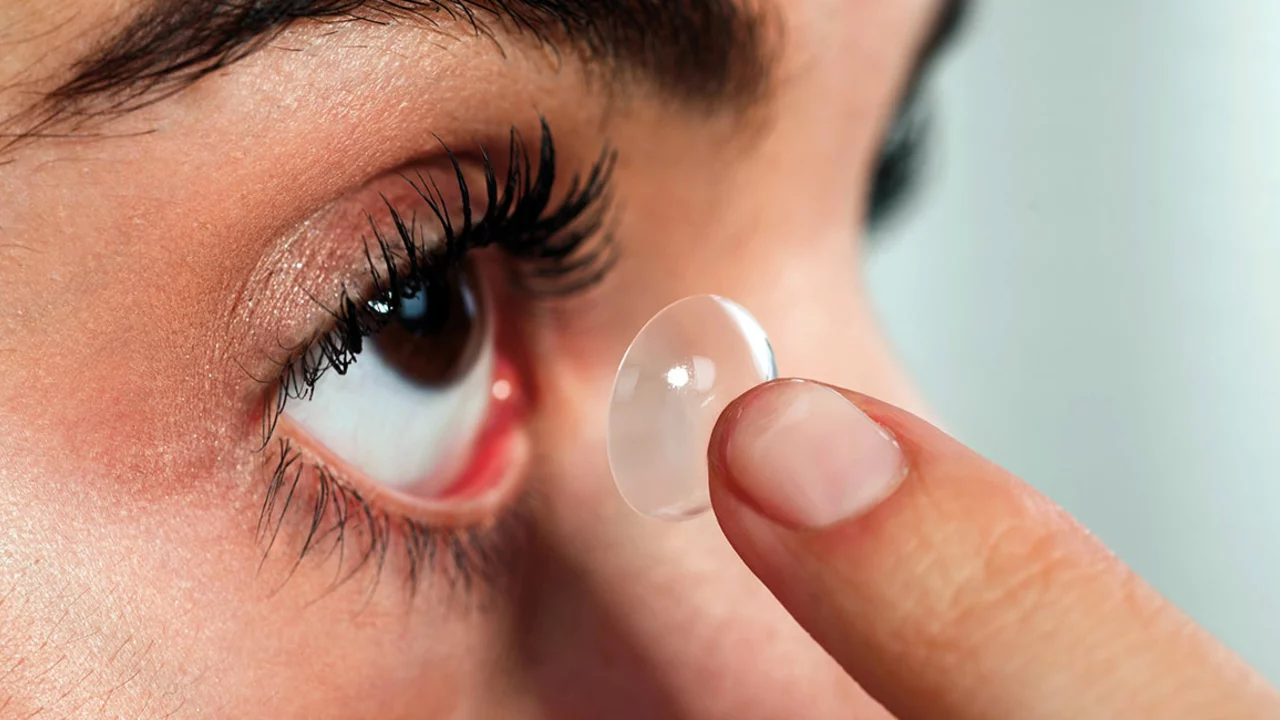All About Dry Eyes: What You Need to Know
If your eyes often feel gritty, itchy, or like they’re burning, you might be dealing with dry eyes. It’s a common issue when your tears can't keep your eyes properly moisturized, leading to discomfort and sometimes blurry vision. Let’s break down why dry eyes happen and what you can do to zap the dryness away.
What Causes Dry Eyes?
Dry eyes can pop up for several reasons. Sometimes, your body just doesn’t make enough tears. Other times, the tears evaporate too fast because of wind, air conditioning, or staring at screens for hours without blinking enough. Aging also plays a role, as tear production usually slows down over time. Certain medications, like antihistamines or antidepressants, might dry out your eyes too. Even medical conditions like dry mouth or thyroid issues can contribute.
You might notice dryness if you live in a dry climate or spend a lot of time in front of a computer. Contact lens wearers often experience dry eye symptoms, especially if lenses aren’t changed regularly or well-fitted. Understanding the cause can guide you to the right fix.
Spotting the Symptoms and Finding Relief
Besides that dry, scratchy feeling, dry eyes might look red or feel tired. Some people experience blurry vision, which usually clears up with blinking. It might seem odd, but watery eyes can also be a sign — your eyes produce extra tears as a reaction to irritation.
So, what helps? A simple start is using over-the-counter artificial tears. These eye drops add moisture and soothe irritation. Just make sure to choose preservative-free drops if you need to use them often. Taking breaks from screens and blinking more consciously helps too. You can also use a humidifier at home, especially in dry winter months.
If dry eyes stick around, it’s smart to see an eye doctor. They might suggest treatments like prescription eye drops that help your eyes make more tears or procedures to block tear drainage and keep moisture longer. Remember, addressing dry eyes isn’t just about comfort — keeping your eyes moist helps prevent infections and eye damage.
Dry eyes might be annoying, but with the right know-how, you can keep your eyes feeling fresh and comfortable every day. Keep an eye on your symptoms and try simple fixes first—you'll be surprised how much they can help!

